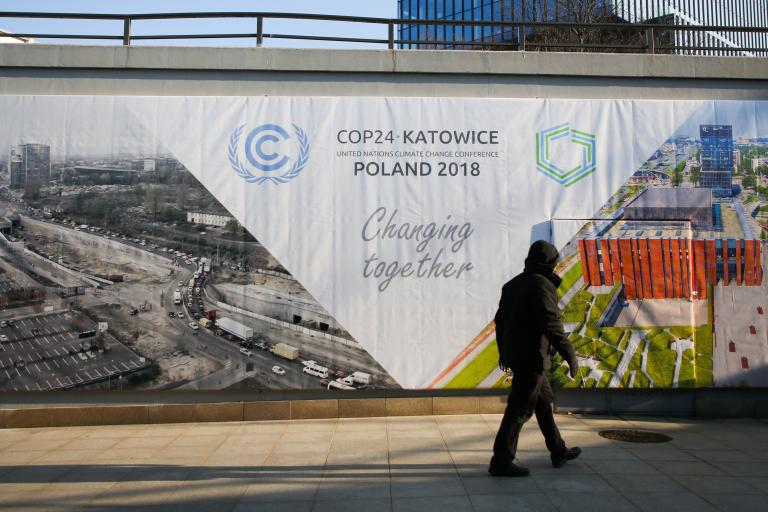Scientists released two major studies this week that tackle the future implications of climate change.
By 2150, if we continue on our emissions-heavy trajectory, the majority of the world’s surface will have tipped to conditions that pre-date the evolution of modern humans. A century or so after that, we could jump start the death of most ocean life.
This future isn’t as far away as it might seem. There’s a good chance that a few of my fellow millennials’ grandchildren will still be around in the middle of the next century, when the world could return to Eocene-like conditions not seen on Earth for 56 million years. What our descendants would face a century after that is not for the faint of heart. Oxygen would be squeezed out of the oceans, suffocating nearly all life there. On land, rainstorms would be so intense they’d scour the land bare. Large sections of the planet would be uninhabitable.
The future worlds these studies describe are ones we’re moving ever-closer to each day we keep emitting huge quantities of greenhouse gases.
How can we act bravely when the stakes are so high and time is already so short? How can we stand up and insist that our friends and family and children pay attention when the Earth’s future — and, essentially, life as we know it — is on the line? These are the questions each of us face.
I talked to the mass extinction study’s authors and told them how I felt overwhelmed by their findings. After a few moments of silence, author Curtis Deutsch started talking about philosophy. “At the end of the day, the only conversation that’s really worth having is about whether and how we want a planet that has room for ecosystems and wildlife and nature that isn’t completely dominated by human use.”
The other author, Justin Penn, jumped in. “That’s all we’re saying — give species a chance, he said. “If you want us to set that to music, we’re happy to!”
The consequences of our decisions — and everything we do in the next 10 years, especially — could linger for millions of years. That’s huge. And it makes it that much more important for those of us who care to keep focusing on what we’d gain by radical action, not just what we’d lose if it doesn’t happen.




